Lens lust is a terrible thing. It didn’t quite make the list of the 7 Deadly Sins, but can still be an agonizing process that will have your significant other wondering if Zeiss Prime is the codename for an escort service.
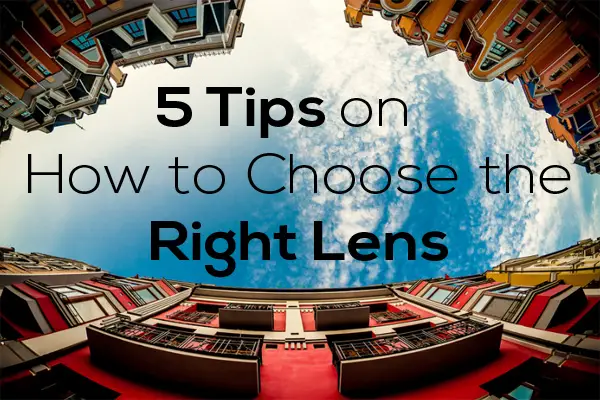
Choosing the right lenses is also a lonely decision. I get questions almost daily from people wondering which lens they should buy and the only really good answer I can give them is which lens I would get for myself. There are so many lenses in so many configurations that figuring out the “right” choice can be seriously daunting.
For most people their first lens is a kit lens that came with the camera.
I’m going to break with a lot of the photography community and suggest that kit lenses really aren’t all that bad.
There’s a reason manufacturers pick those lenses and that reason is they make their cameras look good and don’t add a lot to the cost. Where you lose with kit lenses are in the fit and finish and the tendency for performance to fall off at the edges of the specs.
But if you shoot mainly outdoors and stay in the middle of the zoom range, shots from kit lenses are frequently only distinguishable from more expensive glass at extreme magnification.
But experienced photographers don’t shoot in the sweet spot for their lenses, they shoot in wildly variable lighting and in conditions that change fast and are almost guaranteed to find the weak spots in any lens. So when you outgrow your kit lens, the first question is now what? And that brings us to my personal decision matrix for finding the right lens.
1. Stick To Your Budget
High quality zoom lenses are versatile enough to be useful in almost any shooting situation, but the price tag for the very best can give anyone sticker shock. Getting a zoom matched to your camera, whether it’s Canon, Nikon, Sony or some other brand is an easy solution if a trust fund covers your photography habit.
If you’re not one of the lucky 1 percent, then stick to a budget you can afford. Going thousands of dollars in debt for a camera and lenses is financial suicide. Know your budget before you start shopping.
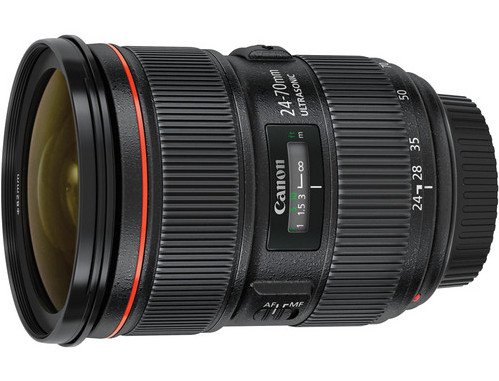
2. What Kind Of Shooting Do You Do?
Your interests as a photographer are most likely to be expressed in your shot selection.
Look back through your pictures and see if a trend emerges. Try to classify your shots into two basic categories: Fast moving and slow moving. Fast moving shots are sports and sporting events, weddings, events and places where you have to shoot fast and move. Slow moving subjects would include portraits, landscapes and staged shots like light painting.
If you shot predominantly fast moving scenes and situations, then you’ll want to stick with an upgraded zoom matched to your camera. Events like weddings move far too fast to trust manual focus and switching lenses in a busy venue is usually a non-starter.
If you shot predominantly slow moving scenes, like landscapes or portraits, then you have more flexibility to consider prime lenses like some of the hot new glass from Samyang sold under the Bower and Rokinon brand names. Manual shooting is okay, even preferred and you have time to focus by hand. A decent set of primes and kit zoom may be all you really need.
3. Is Video a Part Of Your Portfolio?
More and more DSLR shooters are branching into video work at a time when video shooters are starting to transition back to video cameras like Sony’s FS100. If you shoot a lot of video with your DSLR then manual prime lenses may be a better choice than still zoom lenses.
Some of the newer high end lenses by Canon and Nikon no longer have an aperture ring on the lens, but set the aperture from the camera instead. That will be a difficult adjustment for video shooters and a deal-breaker in the realm of professional video where declicked cine lenses calibrated in T-stops are the norm.
4. Do You Have a Business Case For a New Lens?
If I’m going to be shooting weddings all summer as a second shooter, then I have a business case to invest in a Canon or Nikon 24-70mm f/2.8L lens. If I’m going to be shooting staged stock or food photography in a studio, I have a business case for the 85mm Bower f/1.4, the Nikkor AFS 50mm f/1.4, or the Zeiss 50mm f/1.4, depending on my budget.
I’m using the term “business case” in the widest sense. Even if photography is a hobby, as it is for most people, it’s still a good exercise to approach equipment purchases from the mindset of a business decision. That can help keep relative costs between options in perspective.
5. Make The Call and Start Shooting
Most people get down to two or three lenses and their brain gets vapor lock. With modern manufacturing techniques, advanced lens coatings and computer-driven quality control there really isn’t that much difference between high quality brand name lenses. Okay, one might have slightly less purple fringing but only you can decide if that minor improvement is worth an extra $500.
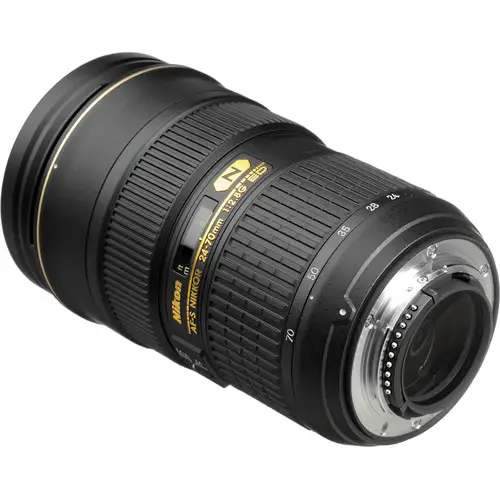
Instead of agonizing and second guessing yourself, just make the call and start shooting. Get the lens you can afford without going into debt and shoot like a person possessed by the photography gods. Buy from reputable vendors so if you look at the shots and don’t like what you see, send it back.
Anyone in the business has at least one hunk of glass in their bag labeled “What Was I Thinking?” You will too at some point. It’s not the end of the world and agonizing over the decision longer would not have produced a better result.
Put a limit on second-guessing yourself and keep in mind this is supposed to be fun.

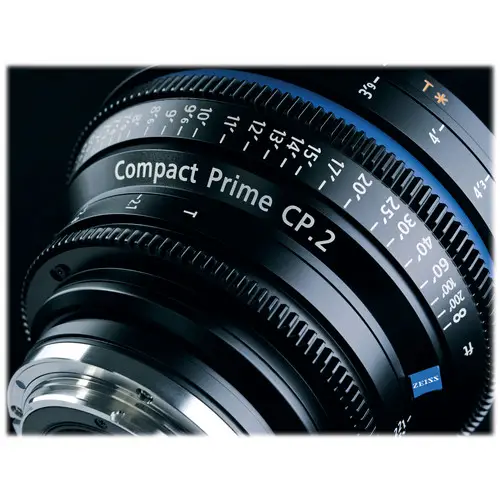
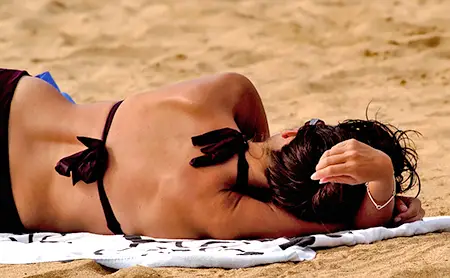
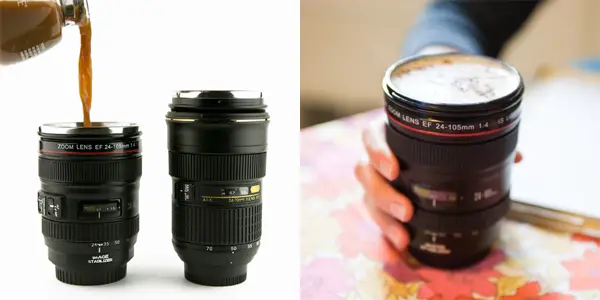
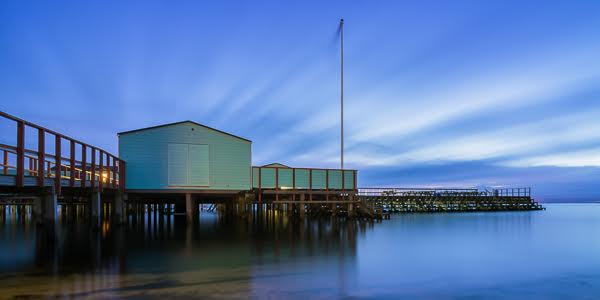
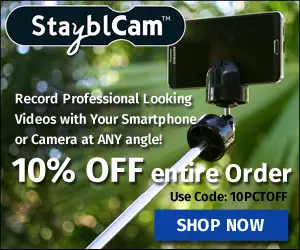



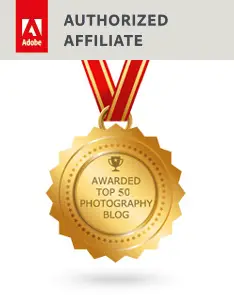
I would add to the last point of making the call that if you are down to a choice between two or three lenses, rent them and see? Renting for a weekend is a great option and can save you from that “what was I thinking?” hunk of glass in your bag. Heck, maybe your business case would even argue for renting lenses all summer as opposed to buying.
Amazing tutorial , thanks for sharing rally it is helpful for please keep up regularly